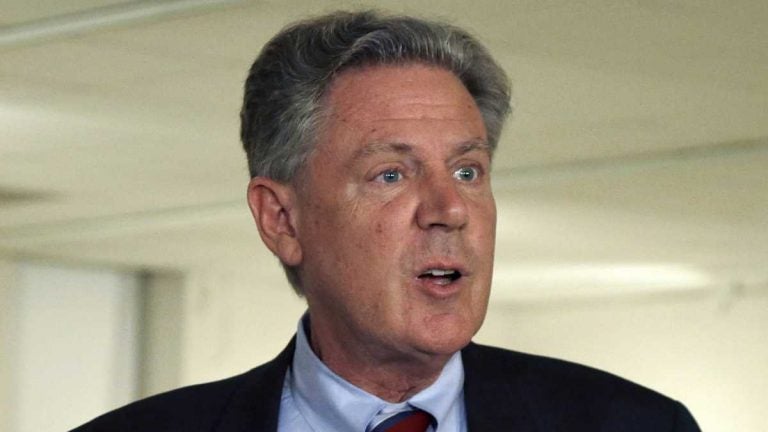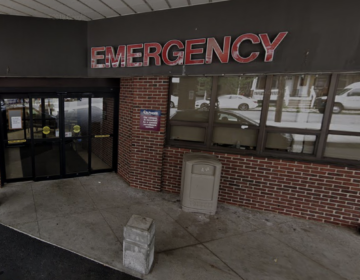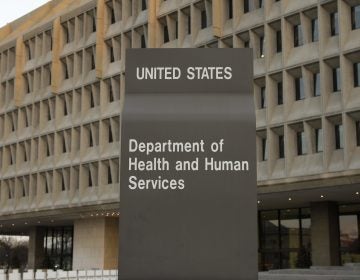Pallone pushes testing for condition causing sudden cardiac arrest
U.S. Rep. Frank Pallone is introducing legislation to combat a condition he said is the leading cause of death at schools.

(AP file photo)
A New Jersey congressman is introducing legislation to combat a condition he said is the leading cause of death at schools.
Student athletes are especially at risk for sudden cardiac arrest, said U.S. Rep. Frank Pallone. He said raising awareness about it would encourage schools to screen those students for the disease.
“There are not necessarily signs that would indicate to parents that it’s a problem,” said Pallone. “The kid who died at Holmdel High School had no symptoms or anything from what we can detect. So, really, it has to be something that you just do routinely without having any indication of the problem.”
During an off-season lacrosse game at Rutgers University last month, Holmdel student Jack Dowd, 16, collapsed and later died. His parents attributed Jack’s sudden death to arrhythmogenic right ventricular dysplasia, a congenital heart condition that often causes sudden cardiac death in young athletes.
Pallone’s bill would require federal health officials to develop informational materials about sudden cardiac arrest for distribution to school administrators, coaches, and parents.
It also calls for national guidelines on the placement of life-saving defibrillators in schools.
“We’ve had a lot of time spent in Congress with this Republican effort to repeal the Affordable Care Act or Obamacare,” Pallone said. “I’m hoping that’s behind us now, and we spend some time on some of these public health unmet needs … this would be one of them.”
WHYY is your source for fact-based, in-depth journalism and information. As a nonprofit organization, we rely on financial support from readers like you. Please give today.




